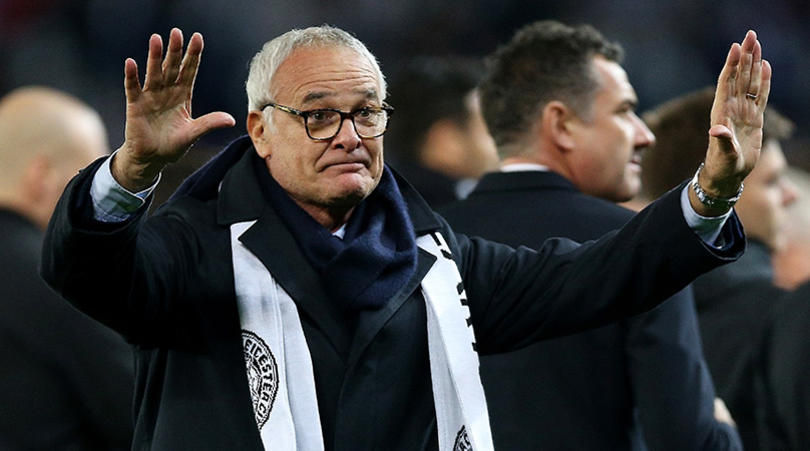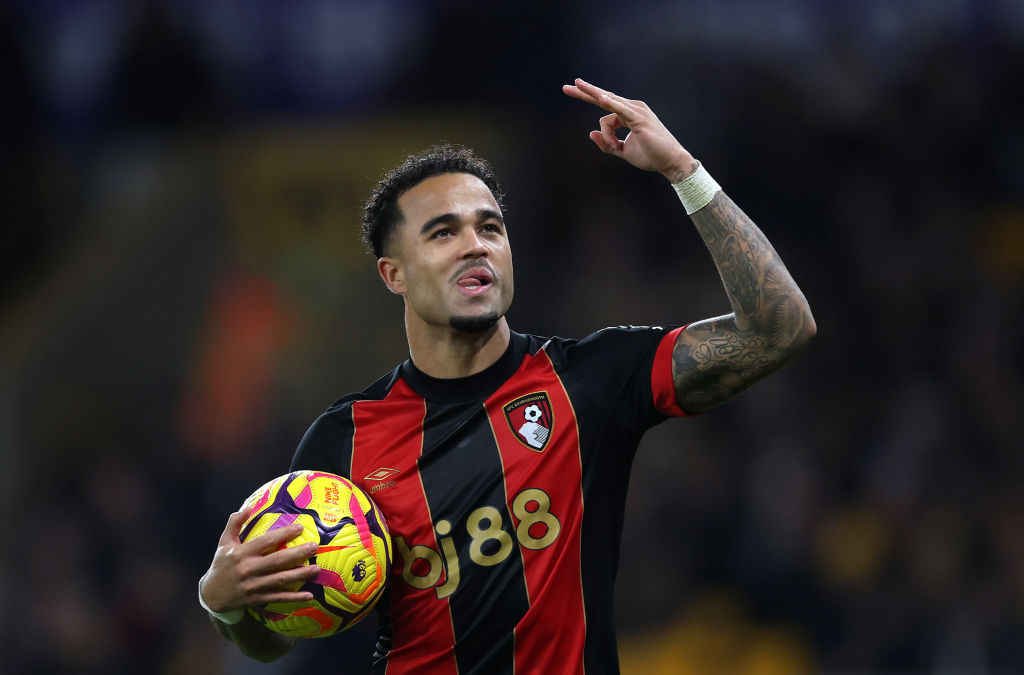10 top managers who bounced back after a disastrous first job
Some are born great, some have greatness thrust upon... and some just need a while to get the hang of it. After Thierry Henry's miserable stint at Monaco, Huw Davies delivers some dugout successes who took time to get going
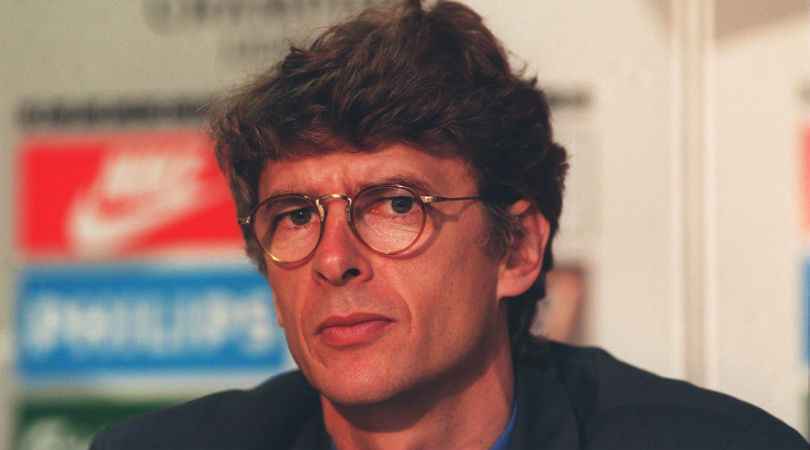
Plenty of fans think they're wasted in the stands and could lead their team to glory if given half a chance in the hot seat instead.
But there's been plenty of medal-hoarding gaffers who needed patience from the board when they got their first job in the business. Turns out it might be harder than it looks, if these lot are anything to go by...
Arsene Wenger (Nancy)
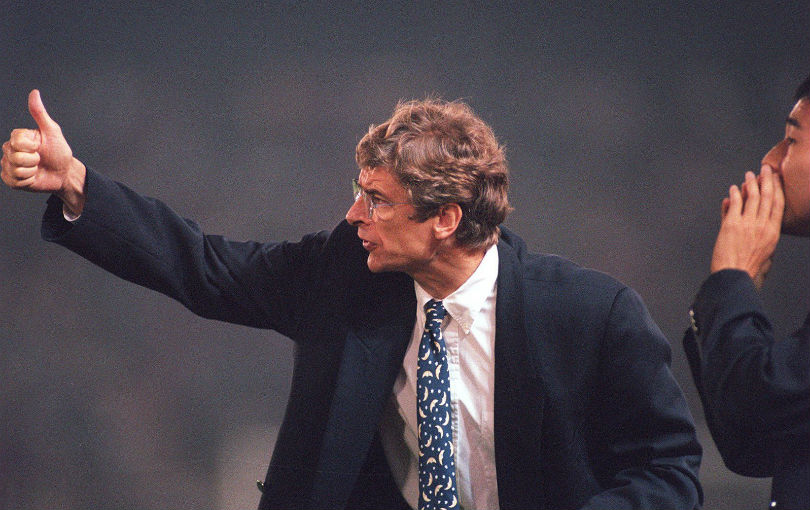
Where better to start than with Thierry Henry’s mentor? Wenger signed a teenage Titi at Monaco and later brought him to Arsenal, twice. Their ties run deep.
Wenger could give Henry a few tips on bouncing back from a rough start to management. His own first assignment was at Nancy, where the talent pool was low and the transfer budget even lower, and the pressure took its toll. In 2017 Wenger confirmed that this story told by Jean-Luc Arribart, his old friend and first signing, is true: “We lost one game at Lens, conceding three or four goals, and it really got to him; on the way back, he had to stop the team bus a few hundred metres from the stadium so that he could throw up in a ditch.”
A reasonable mid-table finish in Wenger’s first season, 1984/85, didn’t encourage any loosening of the pursestrings. Next season, Nancy won a play-off to escape relegation, only to go down the following year while an increasingly frustrated Wenger fluttered his eyelashes at Monaco. He subsequently moved there, won the title in his first season, and the rest is history.
Bobby Robson (Fulham)
Get FourFourTwo Newsletter
The best features, fun and footballing quizzes, straight to your inbox every week.
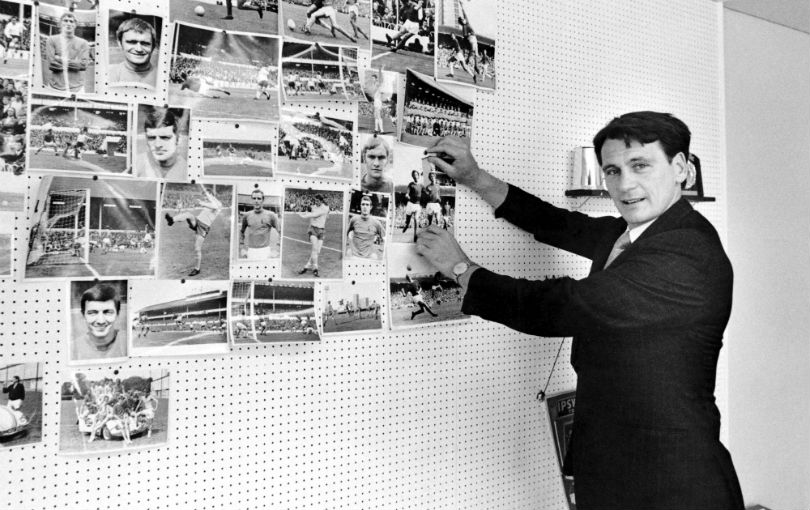
Robson’s second managerial role was the one that made him, 13 years with Ipswich bringing title challenges, major trophies and eventually the England job. He started, though, at Fulham, where he’d played for 11 years. As their manager, he didn’t last 11 months.
Fulham were 21st with games in hand when Robson arrived in January 1968. They finished 22nd. He was sacked in November with Fulham labouring in Division Two and, worse, he learned of the news from a headline glimpsed outside Putney station. Savage.
Antonio Conte (Arrezzo)
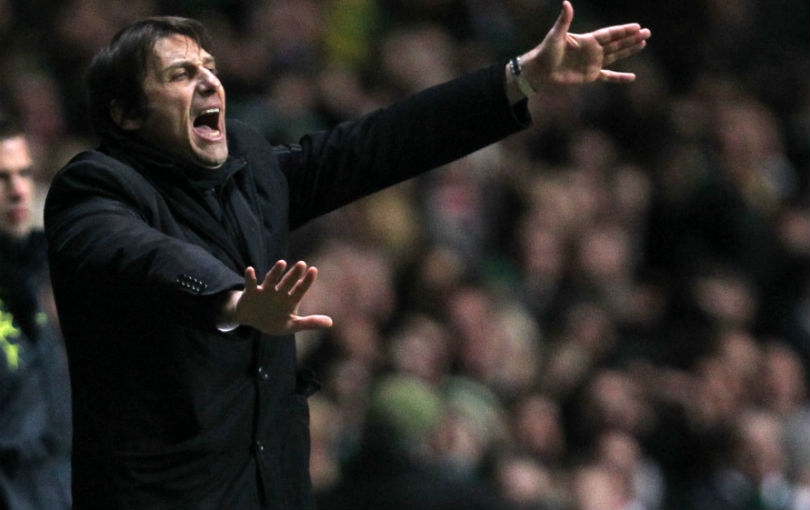
Before he had his current mop (seriously, Google 'Conte Arezzo'), the Italian was managing in Serie B with Arezzo and Bari (though not at the same time). ‘Managing’ may be over-complimentary in the case of Arezzo, mind: he was sacked after nine games with the club on -1 points, which takes some doing – though in his defence they started on -6. His replacement was Maurizio Sarri, who apparently likes the bum groove Conte leaves behind.
Sarri was relieved of his duties after four-and-a-half months and, bizarrely, Conte was reappointed… before being sacked again when Arezzo were relegated. So if you’re wondering what 2019 holds for Chelsea, now you know.
Zinedine Zidane (Real Madrid Castilla)
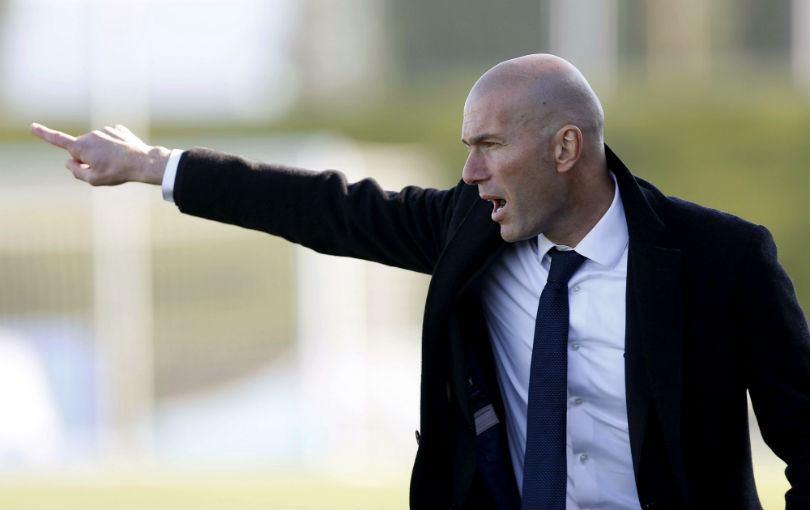
In Spain’s third tier, where mega-rich B teams rub shoulders with village sides, Zidane looked out of the place on the touchline with his World Cup and Champions League winners’ medals. Well, you didn’t have to wear them everywhere, Zizou.
But his time managing Real Madrid Castilla was merely an intermission between continental stardom as a player and a coach – although it didn’t seem that way in 2014.
Zidane lost five of his first six matches as manager (not that he really was manager; not having his UEFA Pro Licence, he was technically technical director). The last of those was a 3-0 defeat at home to Amorebieta. Things picked up with a more direct style, but then he was banned for three months because of that pesky ‘not meant to be managing without a licence’ rule.
In Zidane’s only full season, Castilla finished sixth, outside of the play-offs. He was expected to return them to the second division, break in 16-year-old Galactico Martin Odegaard and personally make a star out of a teenage Borja Mayoral. He did none of those things. Winning three Champions Leagues in two-and-a-half seasons managing the first team probably made up for that, though.
Rafael Benitez (Real Vallodolid)
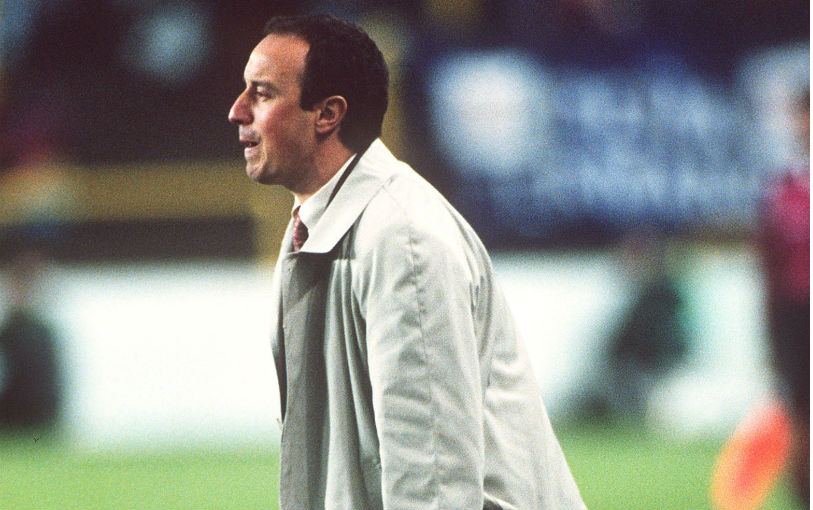
Yes, yes, all right: Benitez had managed Real Madrid’s youth teams – and with more success than Zidane – before he took his ‘first’ job with Valladolid. But he’s arguably the best example of a manager recovering from a bad start, because the Spaniard endured a torrid time when he finally flew the Bernabeu nest after a decade coaching there.
Benitez was sacked by Valladolid (bottom with two wins from 23 games and nine points adrift of safety, though they’d duly escape once he’d left), sacked by second-tier Osasuna (in the relegation zone with one win from nine games, though they’d duly escape once he’d left), and took Extremadura up and then down again before he decided that a gap year was in order.
Returning after a time out to rethink things, Benitez took Tenerife into the top flight and then joined Valencia – where he’d quickly win La Liga, the UEFA Cup and La Liga again, before lifting the Champions League with Liverpool thanks to an extraordinary comeback rather befitting his own.
Vittorio Pozzo (Italy)
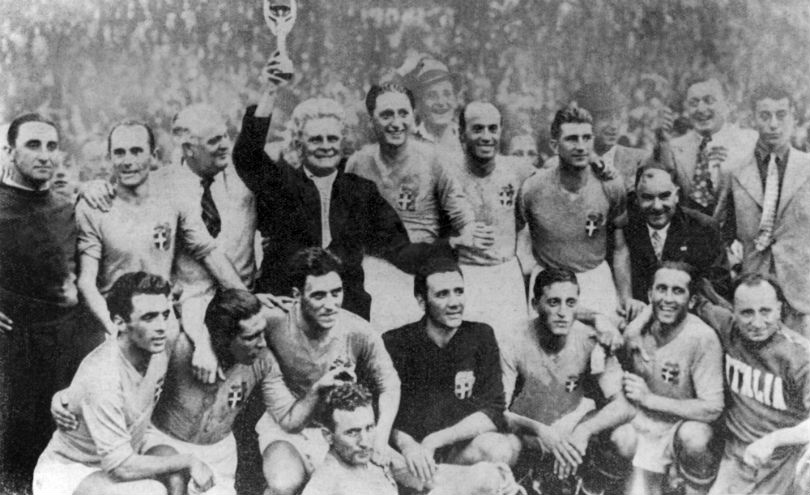
Pozzo was a huge influence on calcio, coaching Italy to consecutive World Cup triumphs in 1934 and 1938, helping to found Torino and leading a tactical revolution in Europe – but his first spell managing the Azzurri didn’t go too well.
At the 1912 Olympics, Italy’s tournament debut, Pozzo’s men lost their only match in extra time to Finland, who would later lose 9-0 to the Dutch. Pozzo resigned – P1, L1 – but thankfully he had another bash later.
Diego Simeone (Racing)
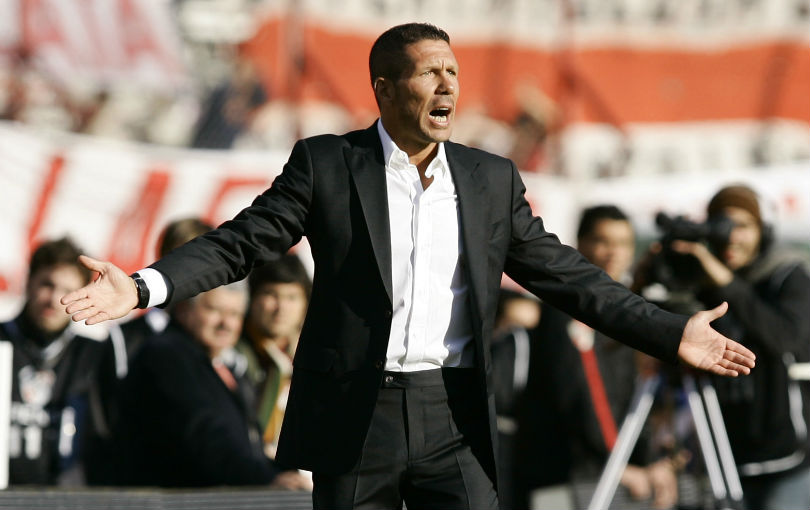
Today’s Atletico Madrid boss retired from playing in 2006 and became a manager several seconds later. Aged 35, Simeone hung up his boots at Racing in his native Argentina to coach them up the table – or try to, at least. Racing were 19th from 20 when Simeone began a quarter of the way through Argentina’s Clausura season; he guided them triumphantly to 18th. Which is better, to be fair.
After this underwhelming start, Simeone switched to Estudiantes and promptly guided them to a first league title in 23 years. You could say he was RACING to the top. But you probably shouldn’t.
Jose Mourinho (Benfica)
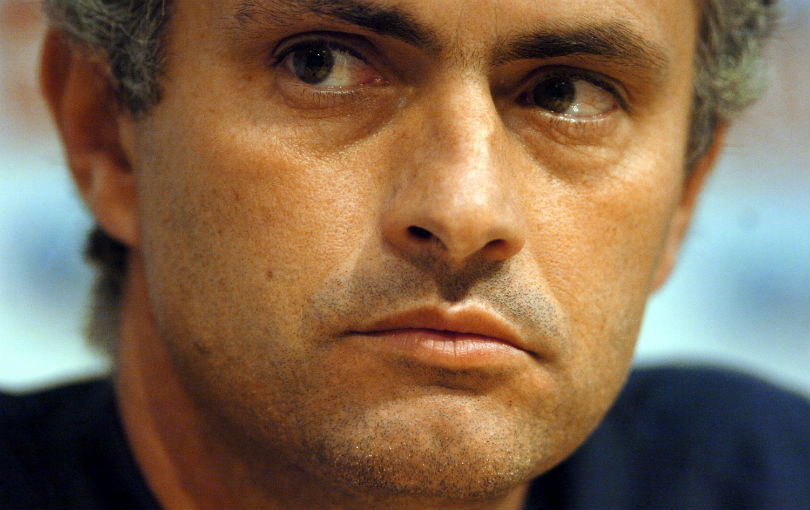
Mourinho’s first job wasn’t a footballing failure as such, although taking Benfica from 7th to 6th is hardly earth-shattering, but then it’s hard to gauge a manager’s success at a club when he quits after two-and-a-half months.
When Jupp Heynckes decided he’d had enough of… well, everything, his assistant waltzed into the hot seat (if that’s physically possible) and ignored the Benfica board when they tried to appoint Jesualdo Ferreira, 17 years Mourinho’s senior and one of his earliest adversaries, as his number two. Shortly afterwards Benfica elected a new president, and their 37-year-old gaffer – a full nine games into his managerial career – immediately decided to test whether his new boss had faith in him by demanding a contract extension. Manuel Vilarinho said no – followed by “Christ, you scared the life out of me” and “Wait, how did you get into my office?” – and so Mourinho resigned.
Come to think of it, this example is less ‘manager bounces back’ and more ‘manager starts very much as he means to go on’.
Roberto Mancini (Fiorentina)
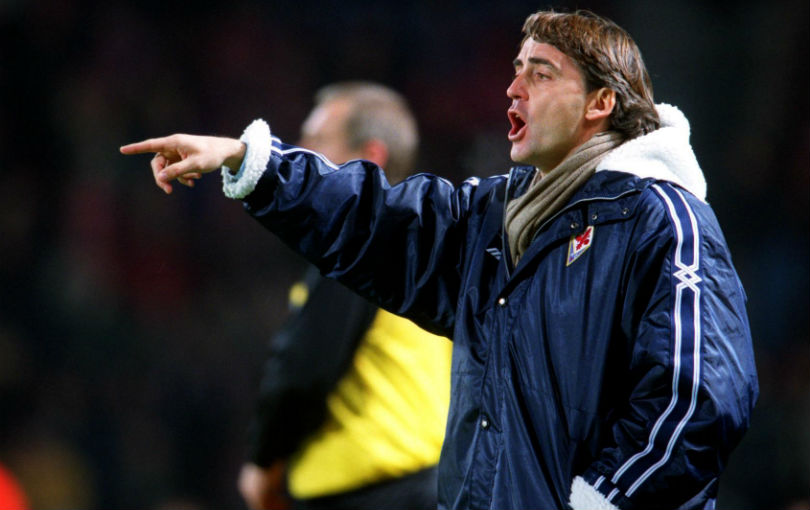
Becoming manager of Fiorentina in 2001 was a hassle for Mancini. He was playing for Leicester, on loan from Lazio, and needed special dispensation from the Italian FA as a) he lacked the necessary coaching badges, and b) he’d already acted as Lazio’s number two that season, shadowing Sven-Goran Eriksson before the Swede left for England and Mancini followed suit. But he deemed it all worthwhile, perhaps having looked at postcards of Leicester and Florence side by side.
Mancini may have regretted that decision, when he took a moment away from reading death threats to see the news that his club’s owner had received a police raid in his jim-jams. Fiorentina were broke, and Mancini managing unpaid, with star players leaving – hence the hate mail – and administration around the corner. Still, he somehow won the Coppa Italia before leaving six months later with Fiorentina in the drop zone, getting out before they were relegated, liquidated and reformed in the fourth tier.
Perhaps Mancini’s experience at Fiorentina hardened him, even formed him, just as cost-cutting at Hartlepools had done for Brian Clough. At the time, though, Leicester must have looked pretty appealing after all.
Harry Redknapp (Bournemouth)
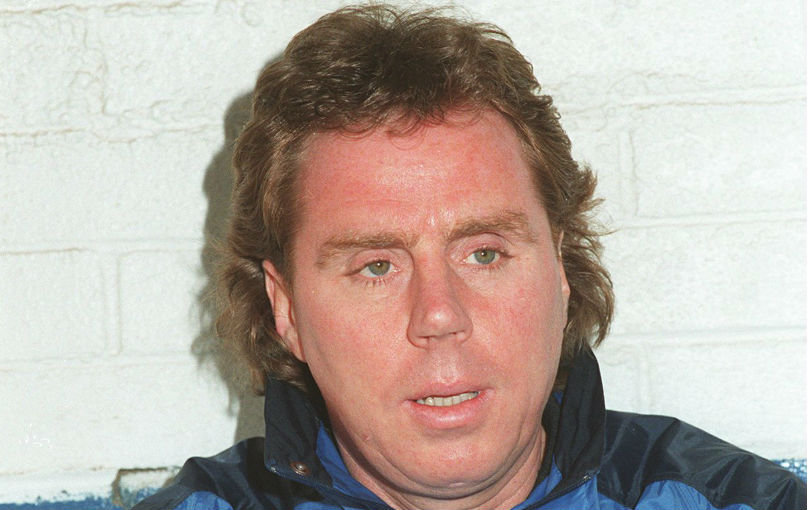
Obviously we’re stretching the definition of ‘great’ managers to breaking point by including Redknapp, but it’d be remiss of us not to mention that the future FA Cup and Intertoto winner lost 9-0 on his managerial debut.
In 1982 Redknapp, who’d previously been a player-coach in the US, entered management as Bournemouth’s caretaker and watched aghast as Lincoln savaged his Cherries a week before Christmas. Players blamed the icy surface but Redknapp, already gathering material for his future career as an after-dinner speaker, offered a different excuse: Lincoln’s seventh goal was offside.
It’s still Bournemouth’s record defeat. Excellent banter, though.
See also...
One academy graduate EVERY Premier League team wishes they still had
Huw was on the FourFourTwo staff from 2009 to 2015, ultimately as the magazine's Managing Editor, before becoming a freelancer and moving to Wales. As a writer, editor and tragic statto, he still contributes regularly to FFT in print and online, though as a match-going #WalesAway fan, he left a small chunk of his brain on one of many bus journeys across France in 2016.
